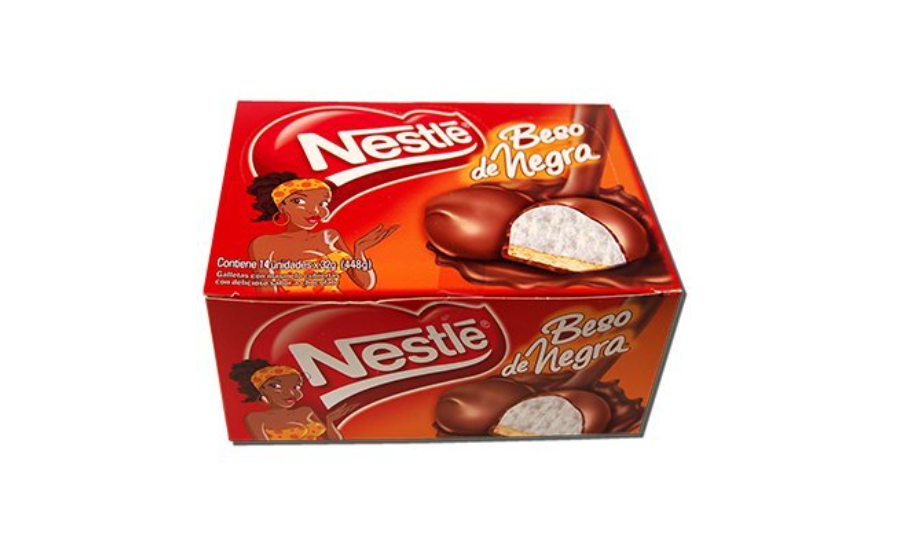Nestlé has announced plans to change the name of its Australian-based Red Skins and Chicos candies, as well as its Colombia-based Beso de Negra chocolate.
It’s about time.
In a media release about the Beso de Negra brand, which translates to “kiss from a black woman,” the company said “we have zero tolerance for racism or discrimination in any way.”
And in a statement about the Australian-based Red Skins and Chicos brands, which are derogatory names for Native Americans and Latinos respectively, the company said “this decision acknowledges the need to ensure that nothing we do marginalizes our friends, neighbors and colleagues. These names have overtones which are out of step with Nestlé’s values, which are rooted in respect.”
Nestlé has yet to release new names for the products, but it says it will move quickly to change them.
There’s little doubt that the massive, international Black Lives Matter protests played a part in spurring Nestlé to make these changes. And it’s inspiring to know that a U.S.-based movement is producing some good around the world.
But I have to wonder why it took them so long to make these changes. How were these names even being used in 2020?
It’s worth noting that the fact they have been able to do this so quickly means they have long known the names were problematic and they always had the power to change them.
Yes, I have heard a lot of people complain about companies even taking these small steps toward creating a more inclusive world. A Facebook post on the Allen’s Lollis page, which makes the Red Skins and Chicos brands under the Nestlé parent company, had more than 18,000 comments. Not all of them were positive.
A common theme among the negative comments was basically “It’s just a candy, what’s the big deal? Why do they have to change it?”
But as a writer, I firmly believe that words have meaning. Having mass-produced products named after racial slurs and derogatory phrases makes it more socially acceptable for people to see the groups those product names refer to as “other.” And when a group is seen as an “other” it becomes a lot easier to treat them differently.
I recently wrote about another candy company changing its name in light of the Black Lives Matter Movement.
Maine-based Black Dinah Chocolatiers was named after a local mountain, and not a racial stereotype of any sort, but owner Kate Shaffer didn’t even want to have the possibility of confusion or hurt associated with the company.
“I found that it really kept me on the sidelines with the movement that’s happening right now, and that’s not where I want to be,” Shaffer said.
I want to applaud Shaffer for taking the issue so seriously and for being proactive in changing it. She didn’t need to make the change, and the company name did not have any specific ties to Black history in and of itself, but just the idea that it could be hurtful was enough for her.
I hope other companies will follow her lead. Just the idea that something could be hurtful should be enough to make a change. That’s the only reason anyone should ever need.

